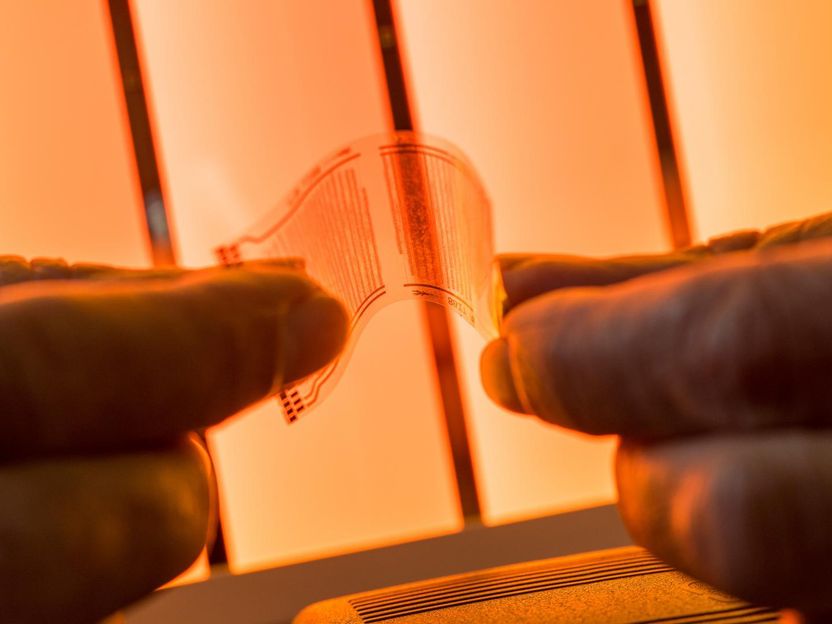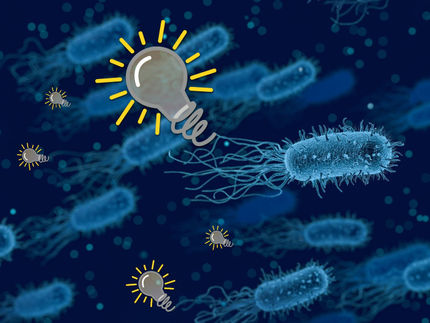Artificial 'plants' could fuel the future
Imagine creating artificial plants that make gasoline and natural gas using only sunlight. And imagine using those fuels to heat our homes or run our cars without adding any greenhouse gases to the atmosphere. By combining nanoscience and biology, researchers led by scientists at University of California, Berkeley, have taken a big step in that direction.
Peidong Yang, a professor of chemistry at Berkeley and co-director of the school's Kavli Energy NanoSciences Institute, leads a team that has created an artificial leaf that produces methane, the primary component of natural gas, using a combination of semiconducting nanowires and bacteria. The research builds on a similar hybrid system, also recently devised by Yang and his colleagues, that yielded butanol, a component in gasoline, and a variety of biochemical building blocks.
The research is a major advance toward synthetic photosynthesis, a type of solar power based on the ability of plants to transform sunlight, carbon dioxide and water into sugars. Instead of sugars, however, synthetic photosynthesis seeks to produce liquid fuels that can be stored for months or years and distributed through existing energy infrastructure.
"We're good at generating electrons from light efficiently, but chemical synthesis always limited our systems in the past. One purpose of this experiment was to show we could integrate bacterial catalysts with semiconductor technology. This lets us understand and optimize a truly synthetic photosynthesis system," he told The Kavli Foundation.
Original publication
Original publication
Eva M. Nichols, Joseph J. Gallagher, Chong Liu, Yude Su, Joaquin Resasco, Yi Yu, Yujie Sun, Peidong Yang, Michelle C. Y. Chang, and Christopher J. Chang; "Hybrid bioinorganic approach to solar-to-chemical conversion "; PNAS; 2015
Organizations
Other news from the department science

Get the chemical industry in your inbox
By submitting this form you agree that LUMITOS AG will send you the newsletter(s) selected above by email. Your data will not be passed on to third parties. Your data will be stored and processed in accordance with our data protection regulations. LUMITOS may contact you by email for the purpose of advertising or market and opinion surveys. You can revoke your consent at any time without giving reasons to LUMITOS AG, Ernst-Augustin-Str. 2, 12489 Berlin, Germany or by e-mail at revoke@lumitos.com with effect for the future. In addition, each email contains a link to unsubscribe from the corresponding newsletter.
Most read news
More news from our other portals
Last viewed contents
Hte and BP Chemicals announce a successful research collaboration in the field of gas-to-products
Thermo Fisher Scientific Ranked World's Leading Vendor in Infrared Spectroscopy
Krahn Chemie expands its market presence in Poland
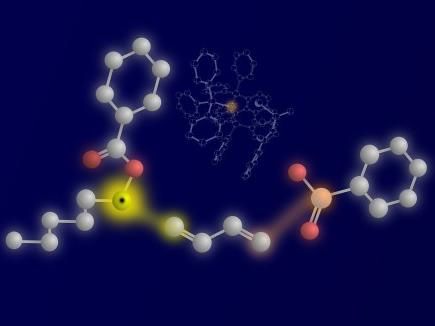
Chemists develop new multi-component reaction - More environmentally friendly approach produces complex molecular structures in one step: Ketyl radicals "tamed" by photocatalysis
MIT research update: New way to store sun's heat
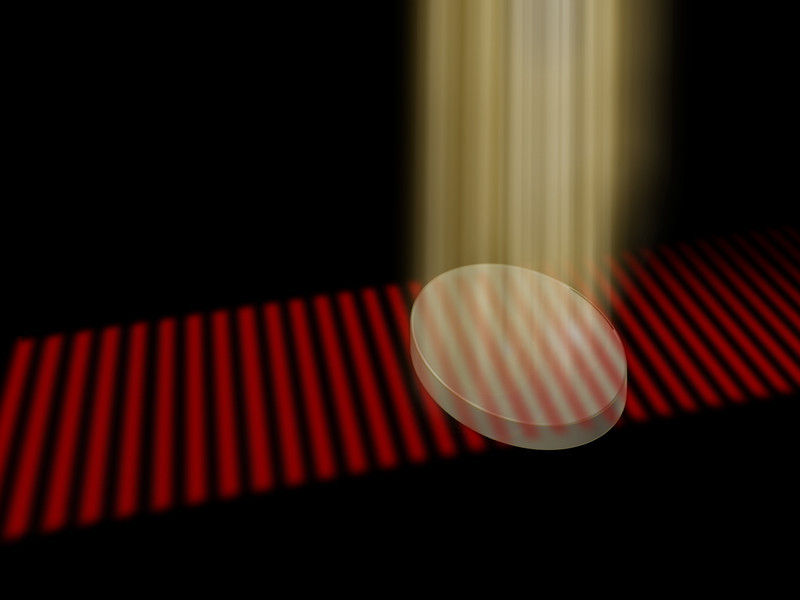
The Beam of Invisibility: New cloaking technology has been developed - A special kind of material is irradiated from above in such a way that another beam of light can pass completely uninhibited
A patent-free playground - Researchers and industrial companies collaborate to create a new Open Science platform
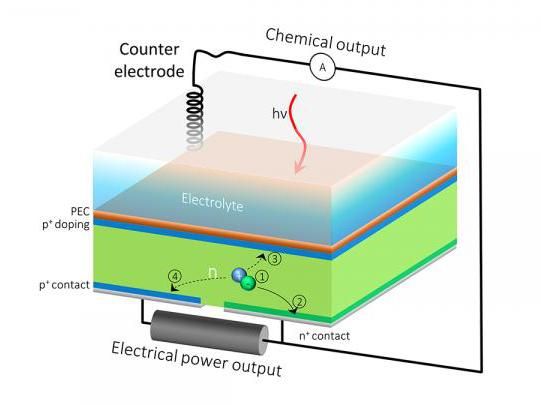
A solar cell that does double duty for renewable energy - Artificial photosynthesis system that generates hydrogen fuel and electricity at the same time
Cost-effective Determination of Inorganic Anions and Cations in Municipal Drinking Water

Clariant SE - Sulzbach, Germany
